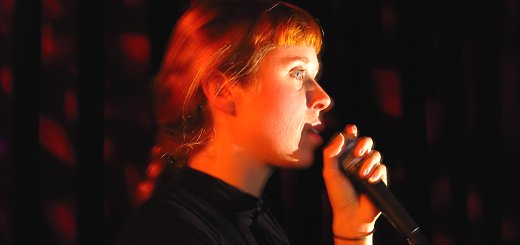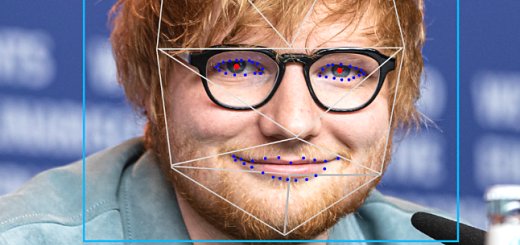Holly Herndon on her digital twin: Who owns a voice? What does vocal sovereignty mean?

"A voice is inherently communal. I learned how to use my voice by mimicking the people around me through language, through centuries of evolution on that, or even vocal styles. A pop music vocal is often you're kind of emulating something that came before and then performing your individuality through that kind of communal voice. So I wanted to find a way to kind of reflect that communal ownership" - experimental musician Holly Herndon says to The Fader about her audio deep-fake AI Holly+. Herndon encourages her fans to upload audio files so they can be sung in her voice. She goes into the metaphysics of it: "I mean, we've been able to kind of re-animate our dead through moving picture or through samples, but this is kind of a brand new kind of field in that you can have the person do something that they never did. It's not just kind of replaying something that they've done in the past. You can kind of re-animate them in and give them entirely new phrases that they may not have approved of in their lifetime or even for living artists that they might not approve of. So I think it opens up a kind of Pandora's box".




